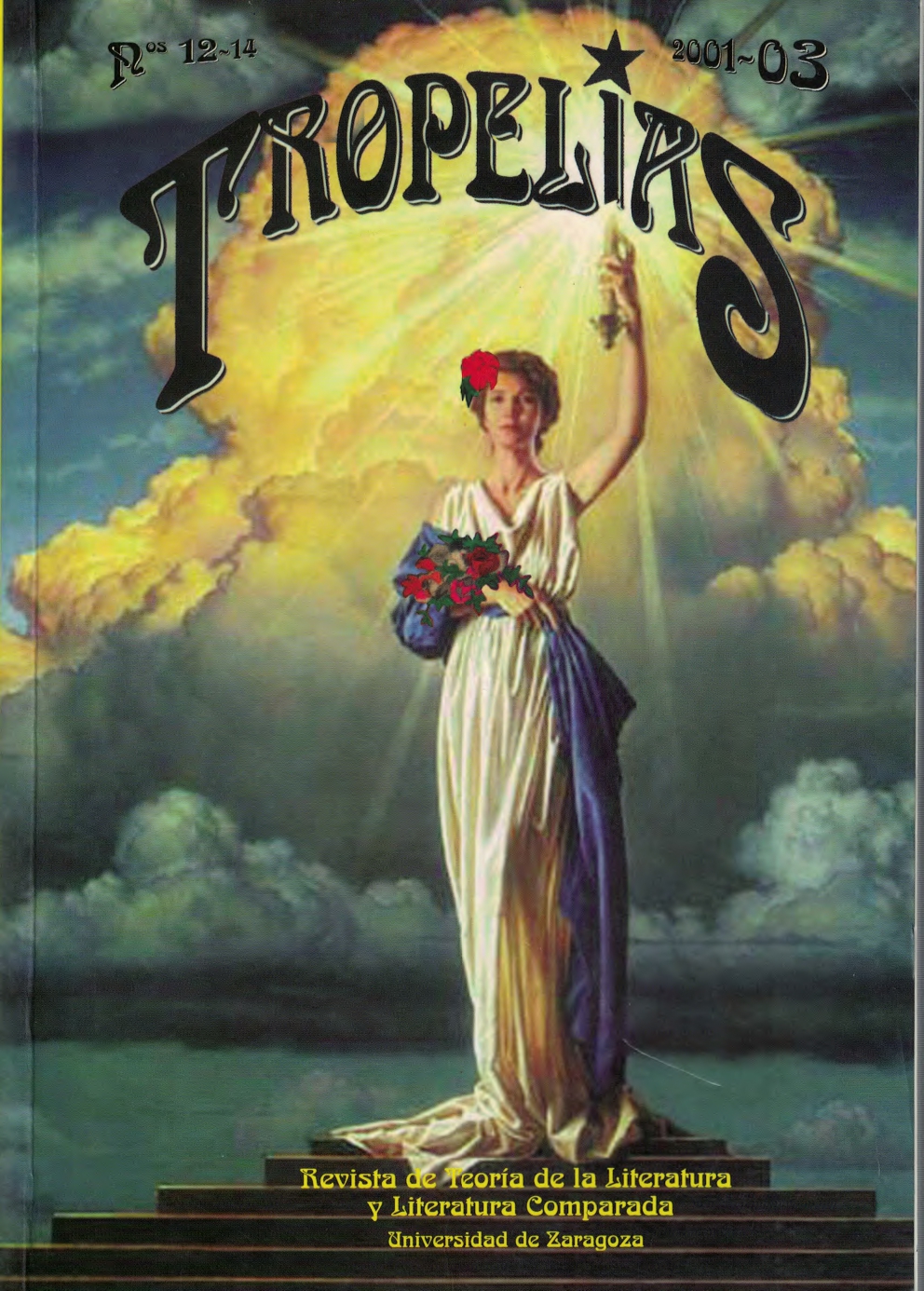Goethe's theory of literature
DOI:
https://doi.org/10.26754/ojs_tropelias/tropelias.200312-145789Keywords:
Johann Wolfgang von GoetheAbstract
Although Goethe never meant to articulate a general theoretical system or a poetic project, his own literary production and his critical reflections on literature render his own critical thought on literary aesthetics among the most innovative. There is neither a study nor an anthology of his literary theory in the context of the connection between his poetic and speculative practice that was so emblematic of his time. His privileged position on the crossroads between the Enlightenment and Romanticism bestows on him a rare balance between objectivity and subjectivity that is the sign of he novelty of his response to the debate on the relationship between art and reality, as well as the role of literature in the modern period. His contributions to the theory of the symbol or genology have been crucial up until to the mid twentieth century, whereas the concept of Weltliteratur, the most successful in his literary criticism and the one that allowed him to advocate reconciliation in a Europe torn by the Napoleon wars, constitutes a fruitful legacy to contemporary trends in comparative literary studies.
Downloads
Downloads
Published
How to Cite
Issue
Section
License
Copyright (c) 2021 Mercedes Comellas, Helmut Fricke

This work is licensed under a Creative Commons Attribution 4.0 International License.
Los artículos enviados a la revista Tropelías deben ser originales e inéditos, no publicados previamente en cualquier soporte. Únicamente se aceptará material publicado total o parcialmente con anterioridad, o que esté en proceso de evaluación en otra revista, si se hace constar la causa de tal duplicación y se facilita la fuente donde ha aparecido dicho artículo.
Las imágenes que se incluyan en los artículos estarán libres de derechos de reproducción y, en caso contrario, los autores deberán presentar los permisos para su publicación y asumir los pagos derivados de ello.
Los artículos y reseñas publicados en la revista Tropelías pueden ser incluidos en repositorios temáticos o institucionales desde el momento de su publicación, sin modificación alguna e indicando claramente su procedencia.


